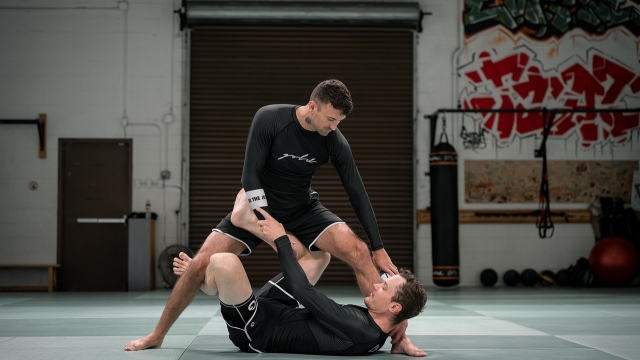Basic Self Defense Techniques for Beginners essential skill

Self-defense is an essential skill that empowers individuals to protect themselves in potentially dangerous situations. Understanding various self-defense strategies can provide not only physical techniques but also mental preparedness that is crucial for personal safety. Whether you are a beginner looking to learn the basics or someone seeking to refine advanced methods, having a well-rounded knowledge of self-defense can enhance your confidence and ability to respond effectively in emergencies.
Basic Self-Defense Techniques for Beginners
For those just starting their journey into self-defense, it is vital to learn fundamental techniques that can be used in real-world scenarios. Basic self-defense techniques often focus on simple, effective movements that anyone can master. Here are a few practical applications:
- Stance and Balance: A solid stance is the foundation of effective self-defense. Stand with your feet shoulder-width apart, with one foot slightly forward. This position allows for easier movement and balance.
- Target Areas: Understanding where to strike is crucial. Common target areas include the eyes, nose, throat, and groin. Striking these areas can disable an attacker, giving you a chance to escape.
- Escaping Grabs: If someone grabs you, use quick, sharp movements to break free. Techniques like pulling your arm towards you while twisting can help disengage from an attacker’s grip.
Practicing these techniques regularly with a partner can improve muscle memory and confidence, making it easier to react under pressure.
Situational Awareness and Prevention Strategies
While knowing self-defense techniques is important, being aware of your surroundings and taking preventive measures is equally crucial. Situational awareness involves recognizing potential threats and making informed decisions to avoid danger. Here are some strategies to enhance your awareness and prevent dangerous situations:
- Stay Alert: Always pay attention to your environment, especially in unfamiliar areas. Avoid distractions such as mobile devices when walking alone.
- Trust Your Instincts: If something feels off, it’s important to act on those feelings. Learn more about strategies for self-defense. Whether it’s crossing the street or leaving an area, listening to your instincts can prevent potential confrontations.
- Plan Your Route: When traveling, especially at night, choose well-lit, populated areas. Avoid shortcuts through alleys or isolated places.
By practicing situational awareness, individuals can reduce the likelihood of finding themselves in a dangerous situation in the first place.
Advanced Self-Defense Methods for Personal Safety
For those who wish to deepen their self-defense skills, exploring advanced methods can be highly beneficial. Engaging in martial arts or self-defense classes not only teaches complex techniques but also builds physical fitness and discipline. Here are a few advanced self-defense options:
- Martial Arts: Styles such as Krav Maga, Brazilian Jiu-Jitsu, or Muay Thai offer comprehensive training that focuses on various aspects of self-defense, including grappling, striking, and situational self-defense.
- Self-Defense Classes: Many communities offer self-defense courses tailored for different skill levels. These classes often simulate real-life scenarios, allowing participants to practice techniques in a controlled environment.
- Physical Conditioning: Building strength, agility, and endurance through regular exercise can enhance your ability to defend yourself. Consider incorporating strength training and cardiovascular workouts into your routine.
As you advance your skills, remember that self-defense is not just about physical techniques; it’s also about mental preparation and the ability to stay calm under pressure.
Conclusion
In summary, developing effective self-defense strategies involves a combination of basic techniques, situational awareness, and advanced training methods. Regular practice is crucial, as it reinforces your ability to respond confidently in various situations. Consider seeking out local resources for training and community classes that can help you enhance your skills. Remember, the best self-defense is often prevention, and being aware of your surroundings can significantly reduce the risk of dangerous encounters.
Continue to educate yourself, practice regularly, and empower yourself with the knowledge and skills to stay safe.
